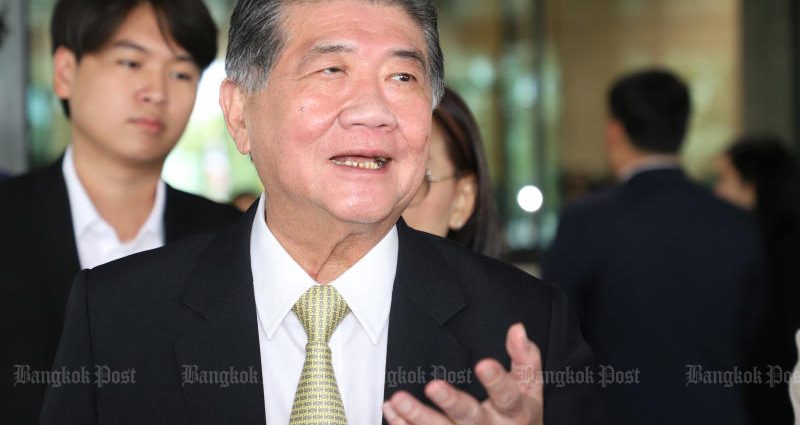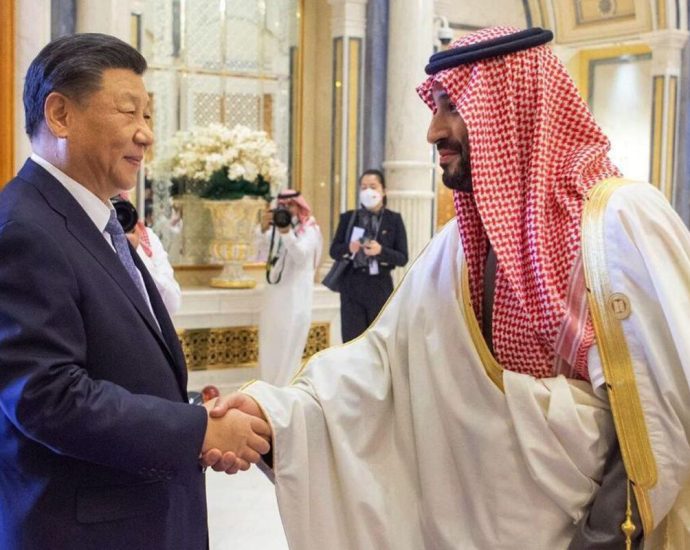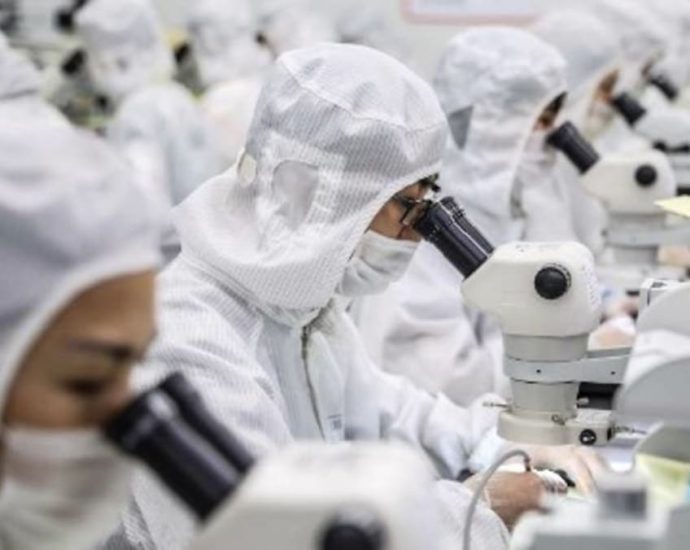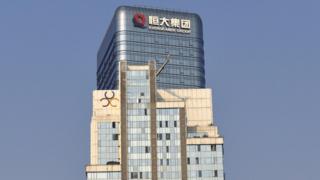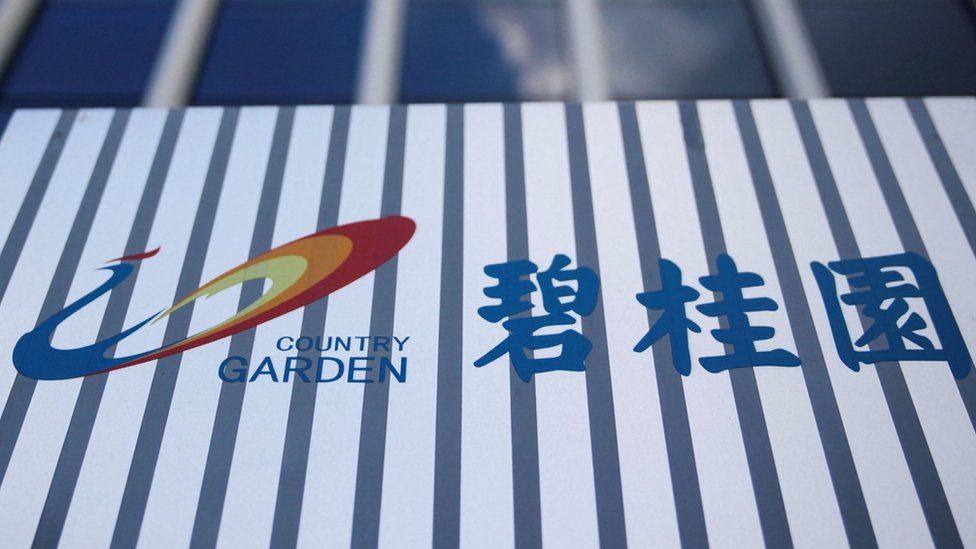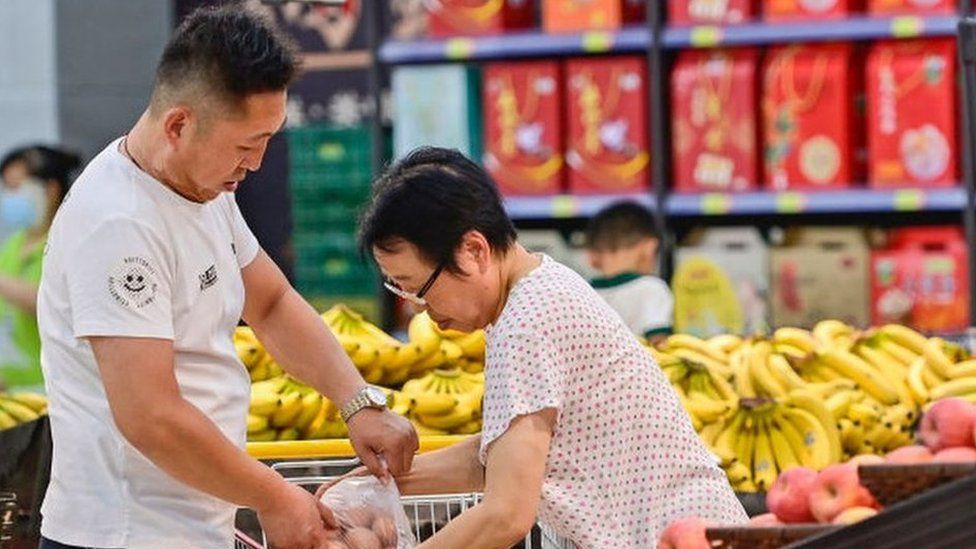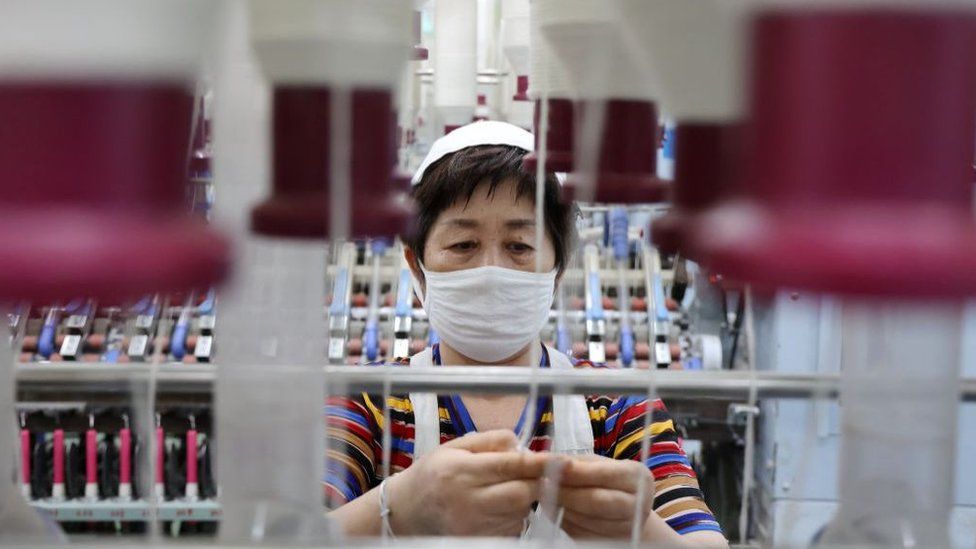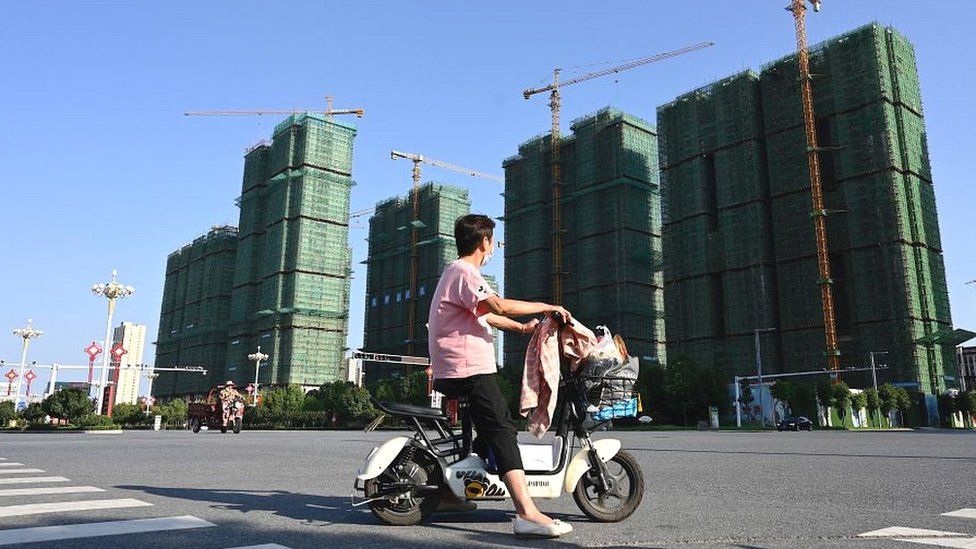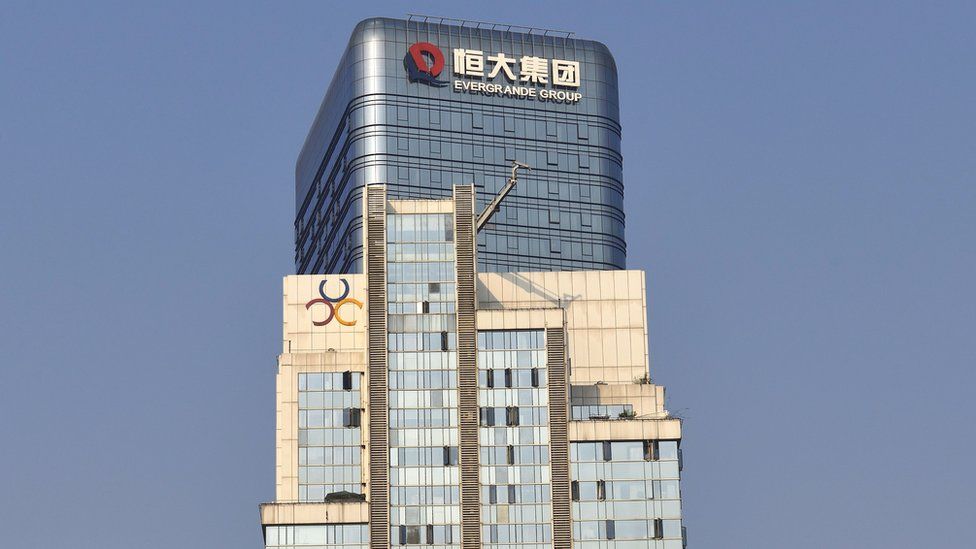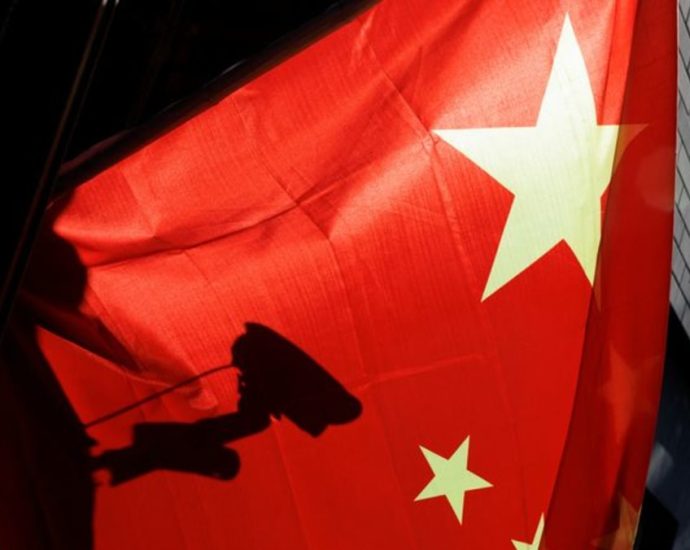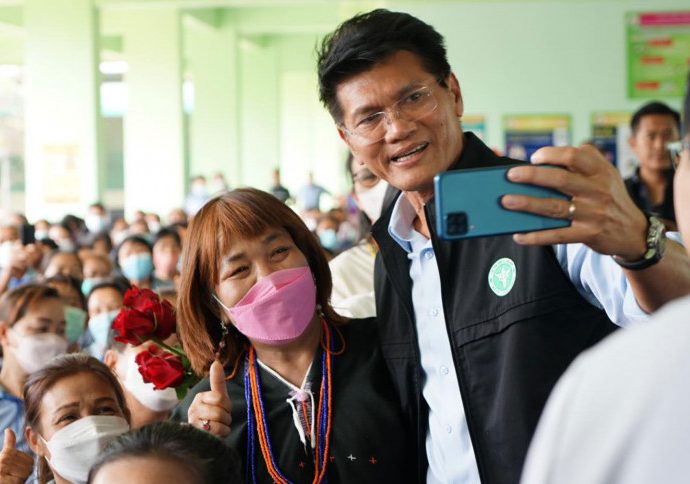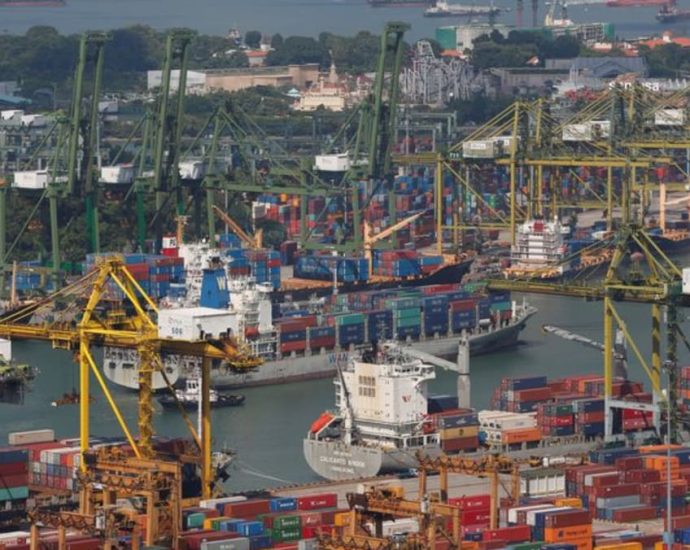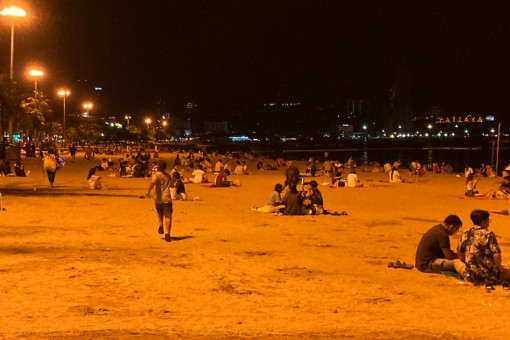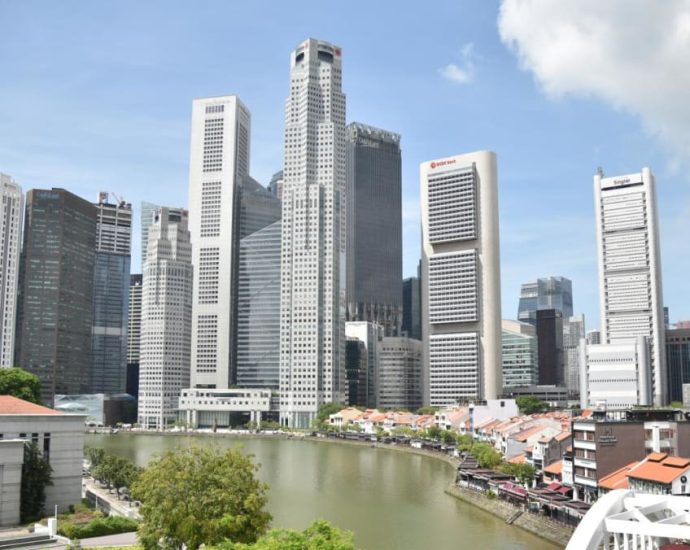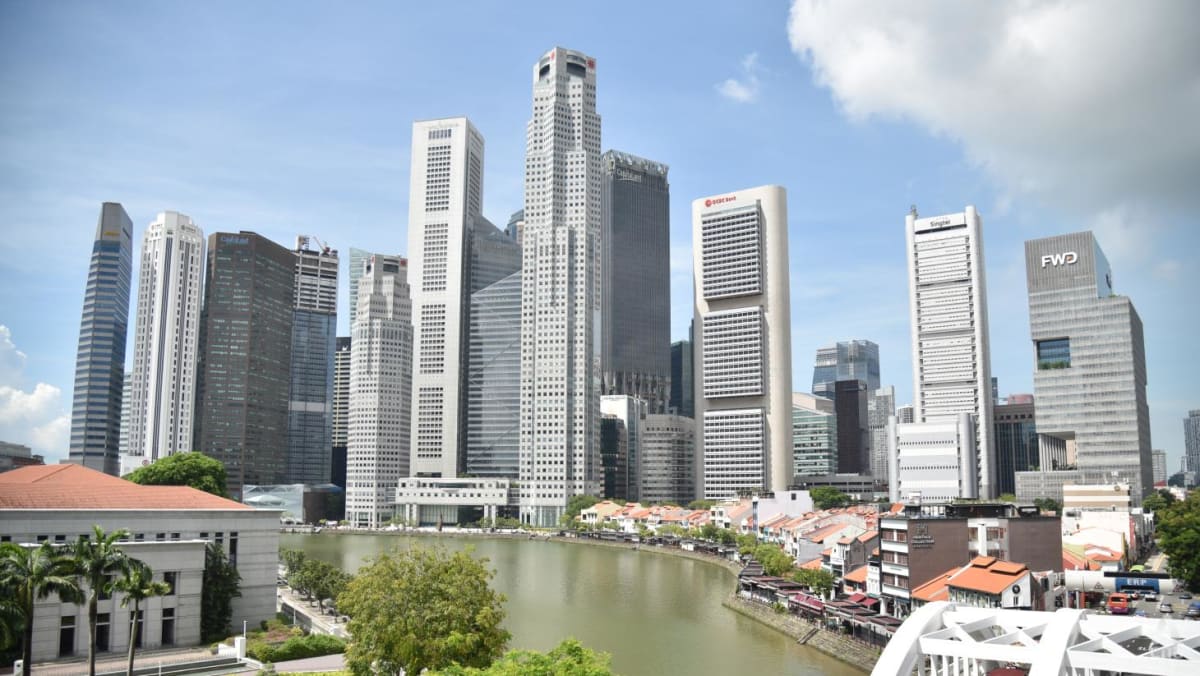Pheu Thai asks govt to refrain from transferring officials
PUBLISHED : 11 Aug 2023 at 10:46

The caretaker government should maintain the traditional code of ethics and strictly comply with the constitution by not transferring any of the high-level officials, particularly permanent secretaries for various ministries, while a new government is in the process of taking over the country’s administration, Pheu Thai Party deputy leader Phumtham Wechayachai said in his statement issued on Friday.
He reminds the caretaker government under Gen Prayut Chan-o-cha that it is duty-bound to follow the constitution, which prohibits it from approving any project that could create a tie-over responsibility for the new government as well as from transferring or appointing high-level officials. Doing so may affect the new government’s efforts to implement its policies, he said.
It would not be reasonable to claim that they are near to mandatory retirements, as it is not yet the end of the fiscal year, he added.
Mr Phumtham said it is necessary for the new government to implement its policies which have been presented to the people, starting from the first day of it taking office. Government officials, he said, are important mechanisms to steer the policies into actual practice, especially the country’s economic problems involving all business groups that must be quickly dealt with.
The permanent secretaries for all ministries, in particular, are most important mechanisms for the new government’s administration, he said.
To all permanent secretaries, Mr Phumtham said: “In order for the new government to quickly achieve its objectives, it is necessary that you delay appointments of high-level officials during this time and wait for the new government to come with new policies.”
Pheu Thai is currently acting as the core for the formation of a new government, after the May 14 general election winner Move Forward Party’s nomination of Pita Limjaroenrat for the post of prime minister failed to get parliamentary endorsement.

